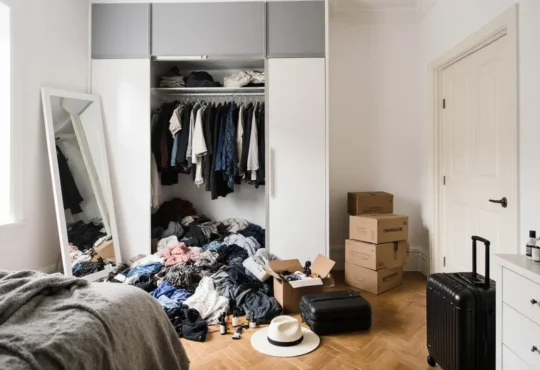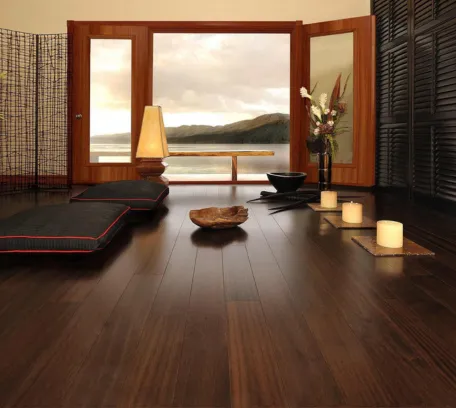

Refinishing hardwood floors can breathe new life into your home, restoring their beauty and luster. However, undertaking such a project involves various factors that contribute to the overall cost. Understanding these factors is crucial for homeowners considering refinishing their hardwood floors.
In this comprehensive guide, we delve into the intricacies of the cost to refinish hardwood floors, covering everything from material expenses to labor costs and beyond.

1.*Factors Influencing the Cost:
1.Condition of the Floors:
The current condition of your hardwood floors plays a significant role in determining the cost of refinishing. Floors with deep scratches, gouges, or extensive wear and tear may require more intensive preparation and repair work before refinishing, thereby increasing the overall cost.
Absolutely, the condition of hardwood floors is crucial when considering refinishing. Deep scratches, gouges, or extensive wear and tear can necessitate more thorough preparation and repair work, which can escalate the overall cost of refinishing. It’s essential to assess the state of the floors accurately to determine the extent of the work needed and estimate the cost accordingly.

2.Type of Hardwood:
Different types of hardwood have varying degrees of hardness and susceptibility to damage. Exotic hardwoods may require specialized equipment or techniques for refinishing, impacting the overall cost. Additionally, the thickness of the hardwood veneer can affect the number of times the floor can be refinished over its lifetime.
Absolutely, the type of hardwood used for your floors is another significant factor in determining refinishing costs. Exotic hardwoods often require specialized equipment or techniques for refinishing, which can increase expenses. Additionally, the thickness of the hardwood veneer plays a role, as it dictates how many times the floor can be refinished over its lifetime. Thicker veneers allow for more refinishing cycles, whereas thinner veneers may limit the number of times the floor can be refinished without risking damage to the wood.
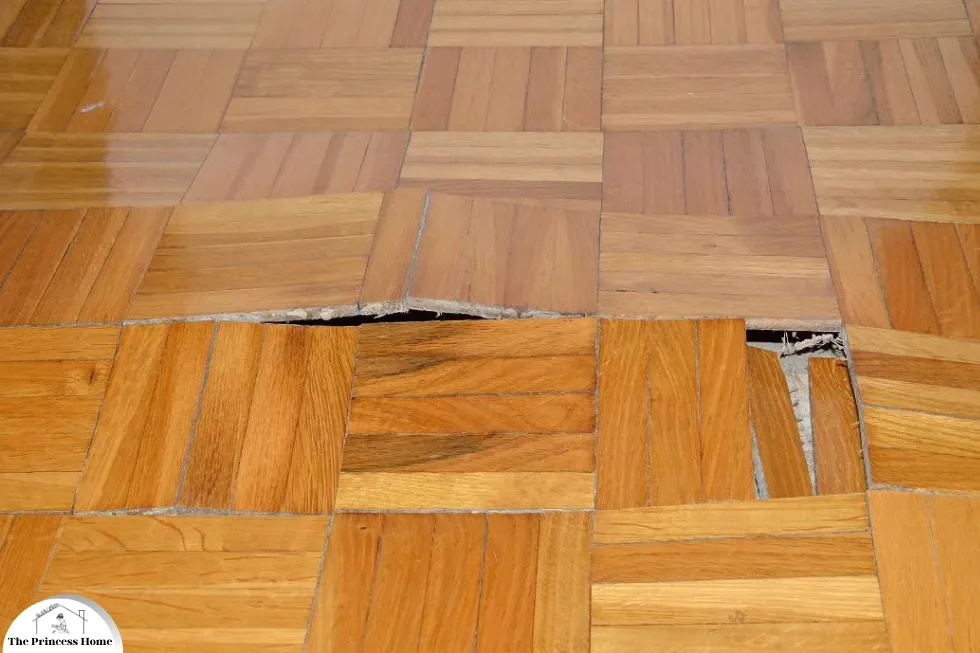
3.Square Footage:
The size of the area to be refinished directly influences the cost. Larger spaces require more time, labor, and materials, resulting in higher overall expenses. Conversely, smaller rooms or areas may be more cost-effective to refinish.
Absolutely, the square footage of the area to be refinished is a key factor in determining the cost. Larger spaces typically require more time, labor, and materials, leading to higher expenses overall. Conversely, smaller rooms or areas may be more cost-effective to refinish due to their reduced size and resource requirements. It’s important to accurately measure the area to be refinished to provide an appropriate estimate for the cost of the project.
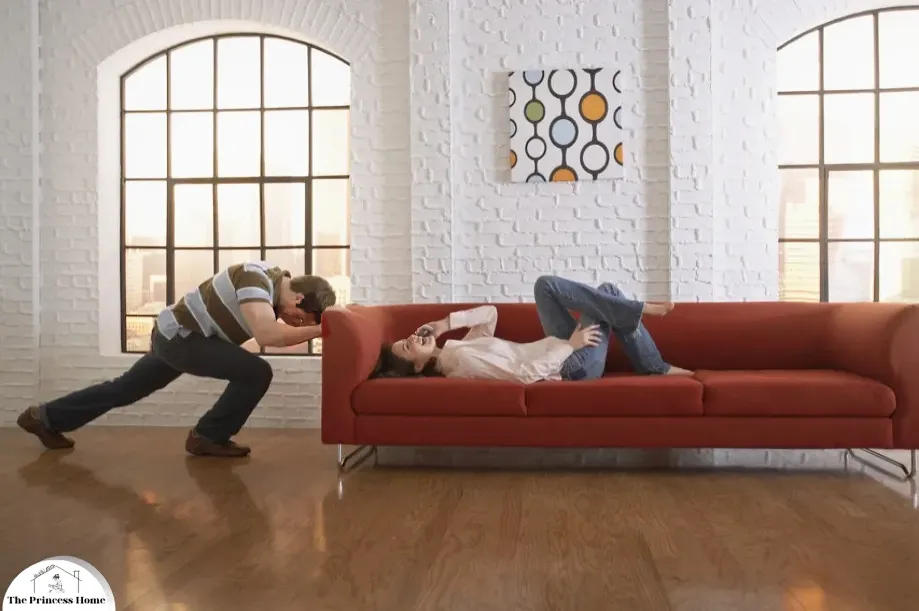
4.Accessibility:
Accessibility to the floor area also affects the cost. If the floors are in a hard-to-reach area or if extensive furniture needs to be moved, additional labor costs may be incurred.
Indeed, accessibility to the floor area is another crucial factor influencing refinishing costs. If the floors are located in a hard-to-reach area, such as tight corners or upper floors without elevator access, or if extensive furniture needs to be moved, additional labor costs may be incurred. These factors can increase the time and effort required to complete the refinishing project, thereby impacting the overall cost. It’s essential to consider accessibility issues when estimating the total expenses involved in refinishing hardwood floors.
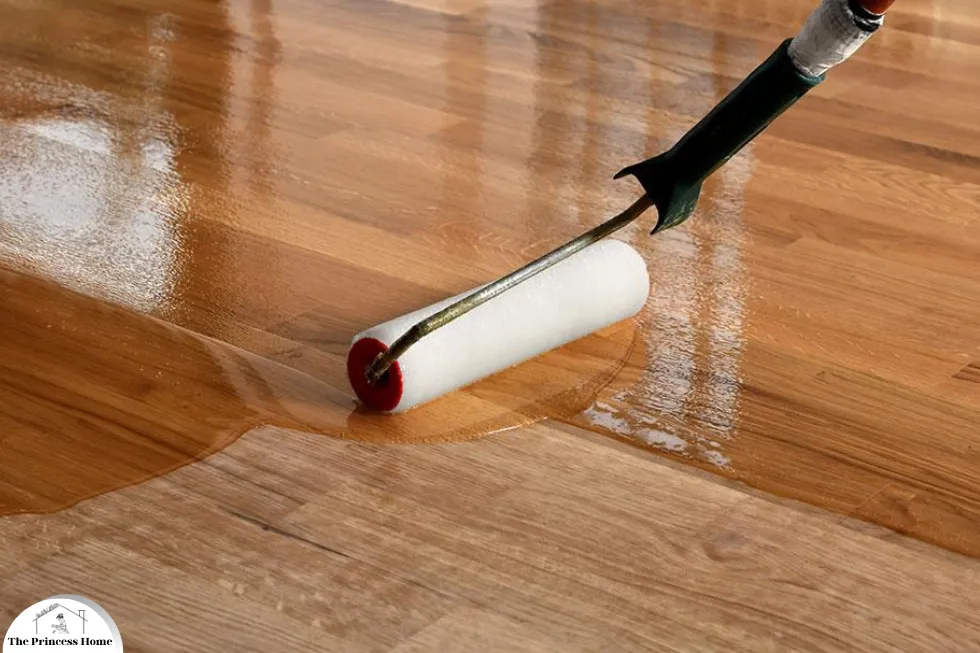
5.Desired Finish:
The choice of finish, whether it’s oil-based, water-based, or a specialized finish like polyurethane, can impact the cost. High-quality finishes may cost more initially but can offer better durability and longevity.
Absolutely, the desired finish for your hardwood floors is an important consideration in determining the overall cost of refinishing. The choice between oil-based, water-based, or specialized finishes like polyurethane can impact expenses. While high-quality finishes may have a higher upfront cost, they often provide better durability and longevity, potentially reducing the need for frequent refinishing in the future. It’s essential to weigh the initial investment against the long-term benefits when selecting the finish for your hardwood floors.

6.Repair Work:
Any necessary repairs, such as fixing damaged boards, filling gaps, or addressing structural issues, will add to the overall cost of refinishing. It’s essential to address these issues before refinishing to ensure a smooth and long-lasting result.
Absolutely, repair work is a critical component that can significantly affect the cost of refinishing hardwood floors. Any necessary repairs, such as fixing damaged boards, filling gaps, or addressing underlying structural issues, will add to the overall expenses. It’s crucial to address these issues before refinishing to ensure a smooth and long-lasting result. Neglecting necessary repairs can lead to uneven surfaces, premature wear, and potentially costly problems down the line. Therefore, it’s essential to accurately assess and address any repair needs as part of the refinishing process.
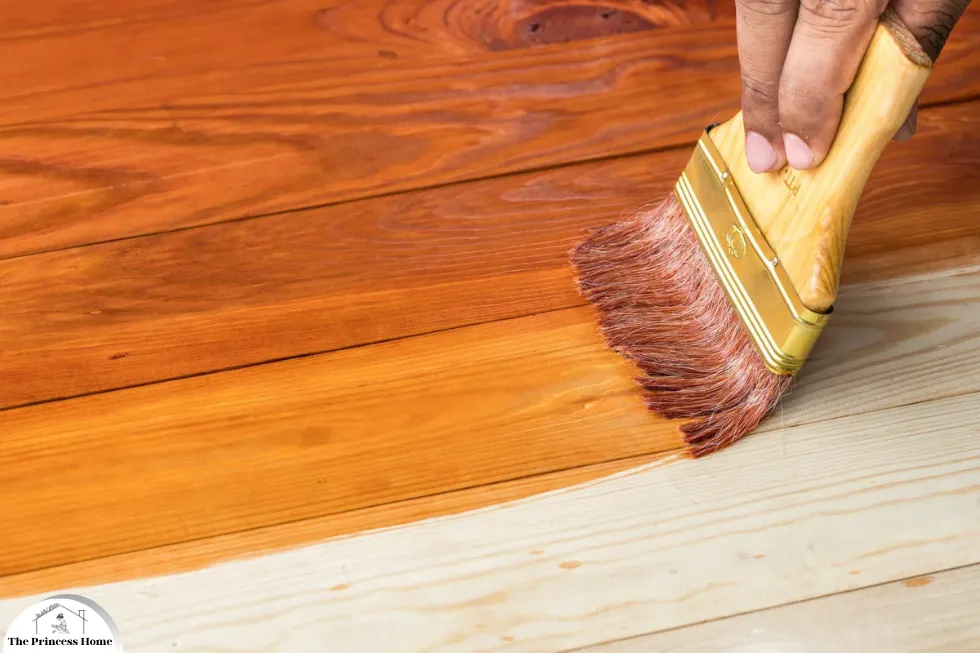
7.Additional Services:
Absolutely, additional services such as sanding, staining, or sealing can indeed impact the overall cost of refinishing hardwood floors. Depending on the condition and desired outcome of the floors, these services may be necessary to achieve the desired result.
Sanding, for example, is often required to remove existing finishes, smooth out imperfections, and prepare the surface for refinishing. Staining may be desired to change the color of the wood or enhance its natural beauty, while sealing helps protect the wood and prolong its lifespan.
Each additional service adds to the labor, materials, and time required for the refinishing project, thus contributing to the overall cost. It’s essential to discuss your preferences and goals with your flooring professional to determine which additional services are necessary and budget accordingly.
Breakdown of Costs:
1.Material Costs:
- Sandpaper, stains, finishes, and other materials required for refinishing.
- Repair materials such as wood filler, nails, or replacement boards.
- Protective equipment for workers, including masks, gloves, and safety goggles.
2.Labor Costs:
- Professional labor fees, typically charged per hour or per square foot.
- Preparation work, including sanding, cleaning, and repairing the floors.
- Application of stains, finishes, and sealants.
- Cleanup and disposal of debris.
3.Equipment Rental:
- Rental fees for sanding machines, buffers, or other specialized equipment.
- Costs may vary depending on the duration of rental and the type of equipment needed.
4.Professional Services:
- Hiring a professional contractor or refinishing company to handle the project from start to finish.
- Professional services may include inspection, consultation, and project management.
5.Estimating the Cost:
To estimate the cost of refinishing hardwood floors, homeowners can:
- Measure the square footage of the area to be refinished.
- Obtain quotes from multiple contractors or refinishing companies.
- Factor in additional costs for repairs, materials, and any desired upgrades or finishes.
- Consider the reputation and experience of the professionals to ensure quality results.
Conclusion:
Refinishing hardwood floors is a worthwhile investment that can enhance the beauty and value of your home. However, understanding the factors influencing the cost and properly estimating expenses is essential for a successful project. By considering the condition of the floors, type of hardwood, square footage, desired finish, and additional services required, homeowners can make informed decisions and achieve stunning results within their budget.
Here are some frequently asked questions
Q1: How much does it typically cost to refinish hardwood floors?
A: The cost of refinishing hardwood floors varies depending on several factors, including the condition of the floors, the type of hardwood, square footage, desired finish, and any necessary repairs. On average, homeowners can expect to pay between $3 to $8 per square foot for professional refinishing services.
Q2: What factors influence the cost of refinishing hardwood floors?
A: Several factors influence the cost of refinishing hardwood floors, including the condition of the floors, type of hardwood, square footage, accessibility, desired finish, repair work, and additional services such as sanding, staining, or sealing.
Q3: Is it worth refinishing hardwood floors?
A: Yes, refinishing hardwood floors is often worth the investment as it can restore the beauty and luster of your floors, enhance the value of your home, and extend the lifespan of the hardwood. Additionally, refinishing is typically more cost-effective than replacing the floors entirely.
Q4: How long does it take to refinish hardwood floors?
A: The time it takes to refinish hardwood floors depends on several factors, including the size of the area, the extent of repairs needed, the type of finish chosen, and the drying time between coats. On average, the process can take anywhere from one to five days to complete.
Q5: Can I refinish hardwood floors myself?
A: While it is possible to refinish hardwood floors yourself, it is a labor-intensive and technically demanding process that requires specialized equipment and skills. DIY refinishing may also void warranties or result in subpar results if not done correctly. Hiring a professional contractor or refinishing company is often recommended for best results.
Q6: How often should hardwood floors be refinished?
A: The frequency of refinishing hardwood floors depends on several factors, including the type of hardwood, the amount of foot traffic, and the level of wear and tear. On average, hardwood floors should be refinished every 7 to 10 years to maintain their appearance and durability.
Q7: Are there any alternatives to refinishing hardwood floors?
A: Yes, there are alternatives to refinishing hardwood floors, including recoating, which involves applying a new layer of finish without sanding down the existing finish. However, recoating is only suitable for floors with minor surface damage and cannot address deeper scratches or wear. Additionally, covering hardwood floors with rugs or vinyl flooring is another option for concealing imperfections without refinishing.
Free Interior Design Course: Learn the Skills to Design Your Home
The princess home on Pinterest




